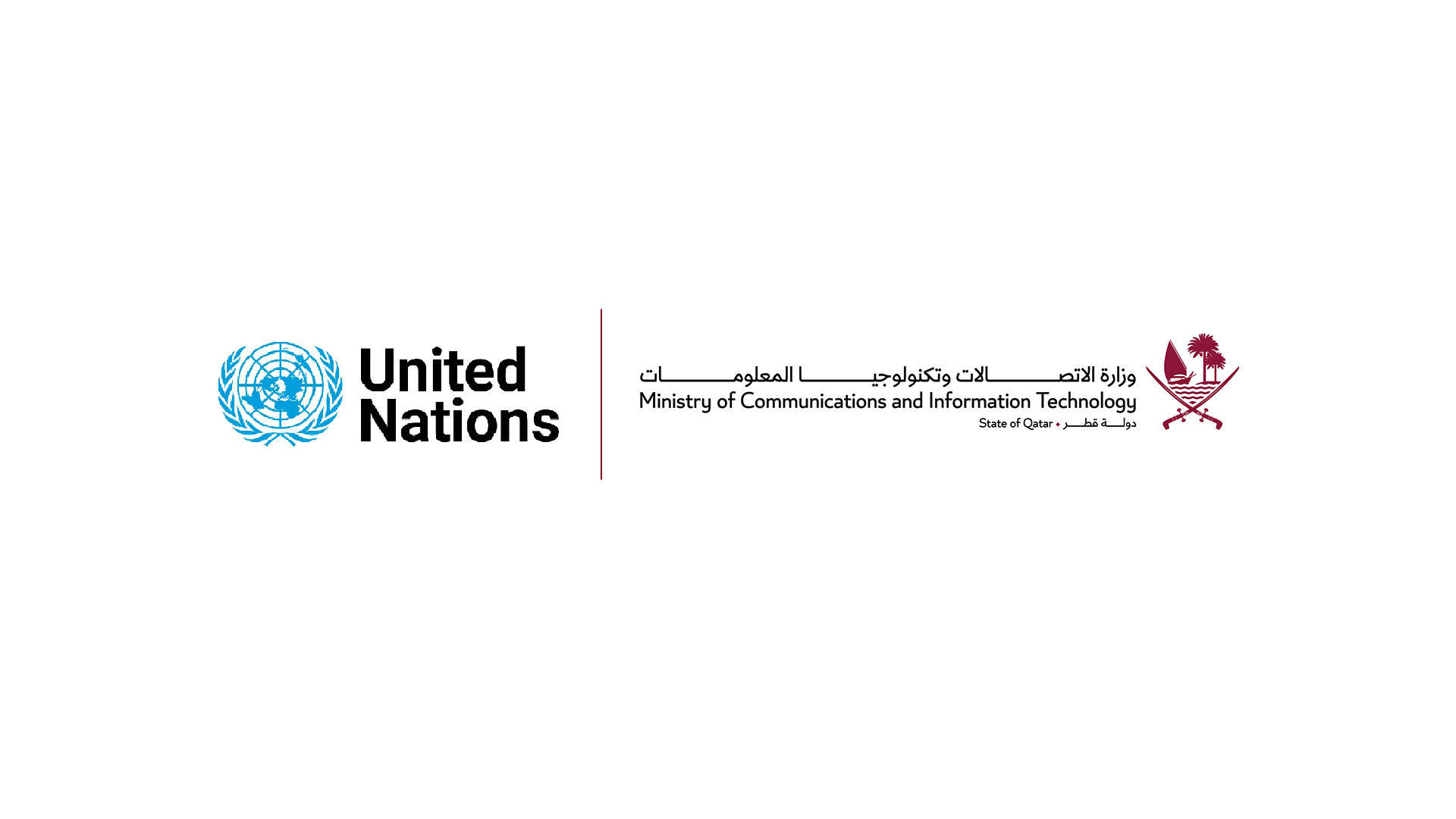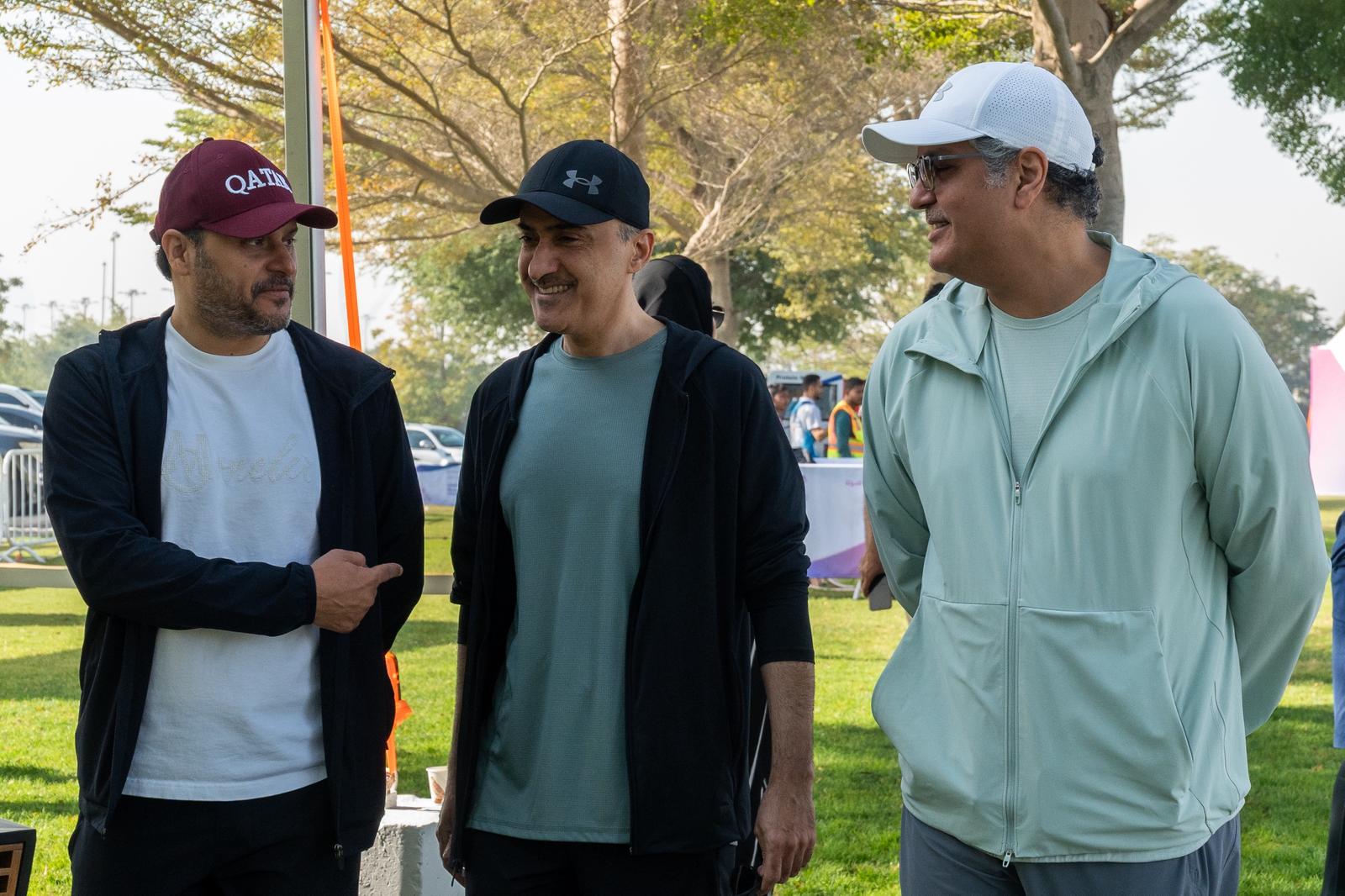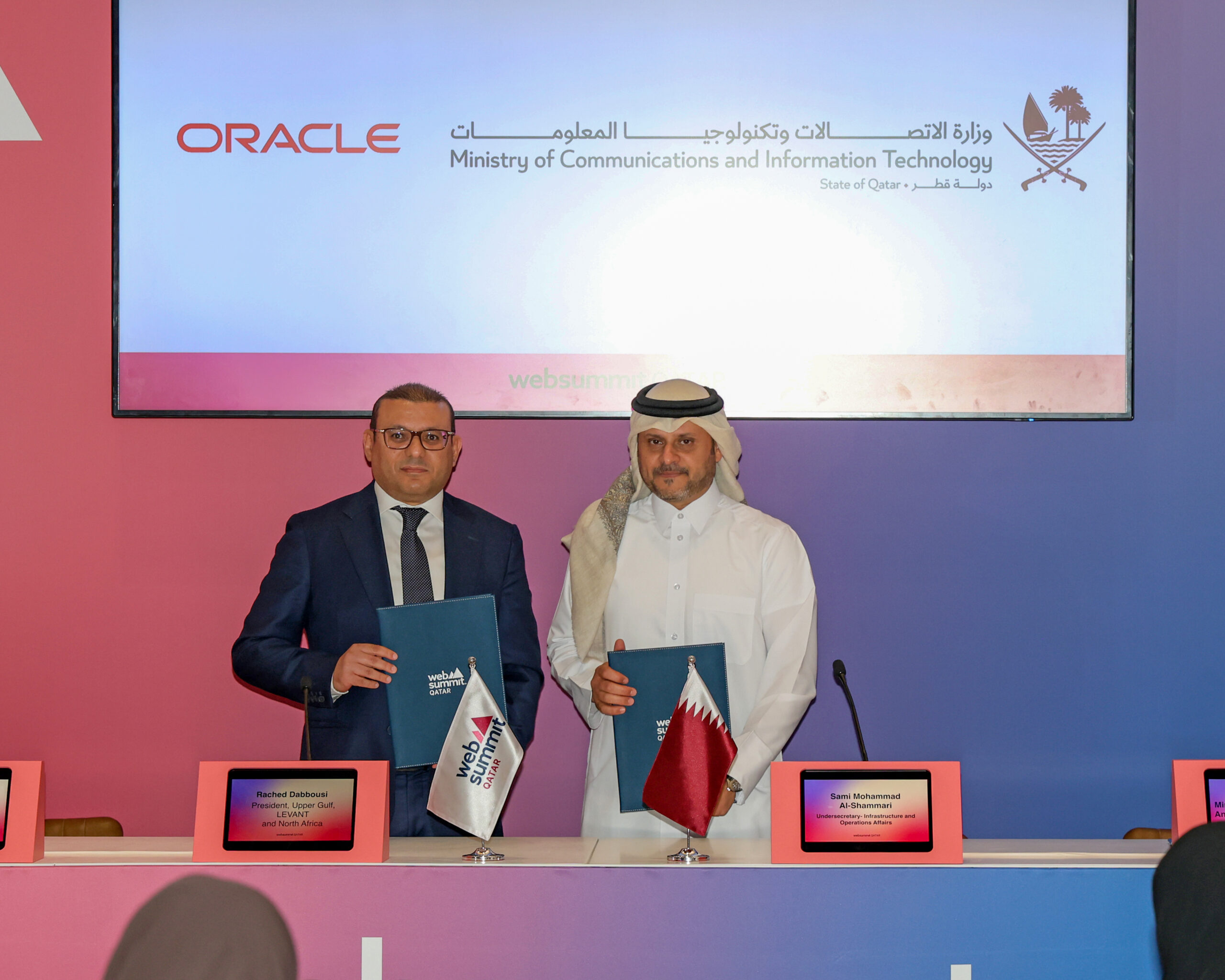- English

Qatar Contributes to Multilingual Digital Content for the EGDI Report 2024
- The State of Qatar contributed to the translation and design of the Arabic and French editions of the United Nations EGDI Report 2024.
- This initiative supports global digital multilingualism and enhances access for non-English-speaking communities to the findings of the United Nations EGDI Report 2024.
- The partnership between the Ministry of Communications and Information Technology and Hamad Bin Khalifa University reflects Qatar’s commitment to innovation and inclusivity in producing knowledge content that serves the MENA region.
- The United Nations EGDI Report is an international benchmark for assessing governments’ readiness for digital transformation and e-service delivery.
In a strategic move reflecting its strong commitment to advancing global digital inclusion, the State of Qatar, represented by the Ministry of Communications and Information Technology (MCIT), announced its contribution to the translation and design of the Arabic and French editions of the United Nations E-Government Development Index (EGDI) Report 2024. The effort was carried out in collaboration with Hamad Bin Khalifa University (HBKU), a member of Qatar Foundation for Education, Science and Community Development. Qatar also supported the design of the Spanish edition of the report, prepared by the Republic of Uruguay, as part of a global effort to disseminate digital knowledge in multiple languages.
This initiative aligns with the goals of the Digital Agenda 2030, which include promoting multilingual digital content, expanding access to knowledge, and positioning Qatar as a key contributor to the global digital landscape. It is also consistent with Qatar National Vision 2030, particularly its human capital development pillar.
Commenting on the announcement, Ms. Mashael Ali Al-Hammadi, Assistant Undersecretary for Digital Government Affairs at MCIT, said: “Qatar’s contribution to the translation and design of the Arabic and French editions of the United Nations EGDI Report 2024, along with its support for the Spanish edition prepared by Uruguay, marks a significant step that reflects the country’s unwavering commitment to promoting digital inclusion and linguistic diversity worldwide. These efforts are the result of a strategic collaboration between the MCIT and HBKU.”
She added: “We believe that empowering non-English-speaking communities with access to high-quality knowledge resources is fundamental to achieving digital equity and ensuring that no one is left behind in the global digital transformation journey. Making the United Nations EGDI Report available in multiple languages broadens the impact of its insights and enhances the ability of both developing and developed countries to make data-driven, informed decisions. This initiative embodies our vision of building a more inclusive and diverse global digital ecosystem and affirms Qatar’s influential role as a trusted contributor in shaping the future of digital government services. It also strengthens international cooperation in this field.”
Dr. Ibrahim Zain, Acting Dean of the College of Humanities and Social Sciences at HBKU, stated:
“The ongoing partnership between HBKU and MCIT – particularly in preparing and designing the Arabic and French editions of the 2024 EGDI Report—demonstrates our shared commitment to excellence, inclusion, and innovation. Guided by its vision to propel Qatar’s economy forward and develop globally impactful solutions, HBKU continues to support national initiatives across sectors, fostering a knowledge economy and addressing global challenges.”
MCIT affirmed that this collaboration reflects Qatar’s vision for advancing digital government globally and highlights its leading role in digital innovation. It also reinforces Qatar’s efforts to localize knowledge and produce scientific and technical content that serves global communities in their native languages. The 2024 EGDI Report remains a key global reference for measuring countries’ readiness for digital transformation and is widely used by governments and international development institutions to assess progress in digital infrastructure and the delivery of public services through technology.
To access the full report and technical annexes:
Arabic edition:
Click here to view the technical annex
French edition:




